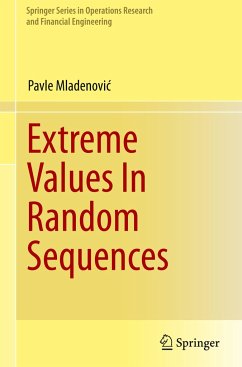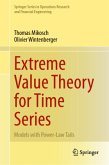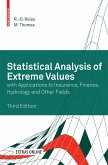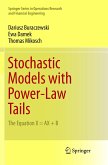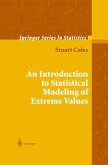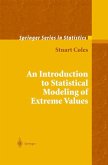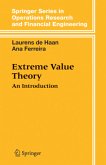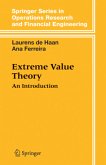The main subject is the probabilistic extreme value theory. The purpose is to present recent results related to limiting distributions of maxima in incomplete samples from stationary sequences, and results related to extremal properties of different combinatorial configurations. The necessary contents related to regularly varying functions and basic results of extreme value theory are included in the first two chapters with examples, exercises and supplements. The motivation for consideration maxima in incomplete samples arises from the fact that real data are often incomplete. A sequence of observed random variables from a stationary sequence is also stationary only in very special cases. Hence, the results provided in the third chapter are also related to non-stationary sequences. The proof of theorems related to joint limiting distribution of maxima in complete and incomplete samples requires a non-trivial combination of combinatorics and point process theory. Chapter fourprovides results on the asymptotic behavior of the extremal characteristics of random permutations, the coupon collector's problem, the polynomial scheme, random trees and random forests, random partitions of finite sets, and the geometric properties of samples of random vectors. The topics presented here provide insight into the natural connections between probability theory and algebra, combinatorics, graph theory and combinatorial geometry.
The contents of the book may be useful for graduate students and researchers who are interested in probabilistic extreme value theory and its applications.
The contents of the book may be useful for graduate students and researchers who are interested in probabilistic extreme value theory and its applications.

